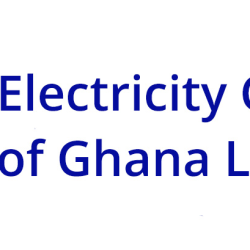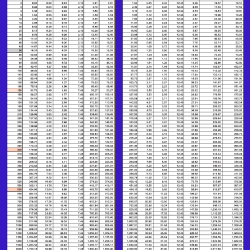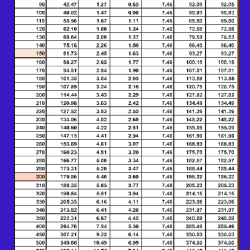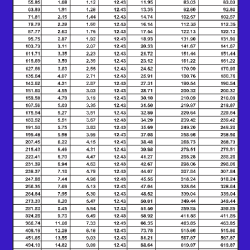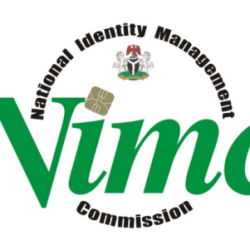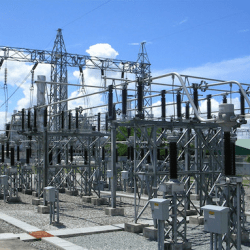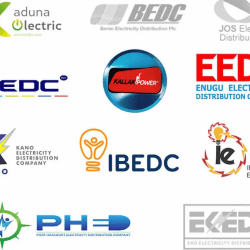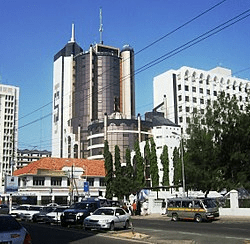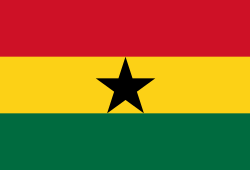
By how much has electricity tariffs gone up?
The Public Utilities Regulatory Commission (PURC) approved new tariffs on December 14, 2015. The approved tariff was an increase of 59.2% across the various consumption brackets. Consumption in the 0-50 bracket saw an increase from 21p to 34p. The 51-300 bracket was reviewed from 42p to 67p. The 301-600 bracket increased from 55p to 87p and the above 601+ bracket increased from 61p to 97p
We cannot afford the new tariffs so what is our alternative?
Even at the new tariff, one unit of electricity is cheaper than one candlestick. Yet it will light more than 10 energy efficient bulbs, run your TV, power your refrigerator, home theatre and two fans all for one hour. By way of comparison, the cost of a unit of electricity will only allow you to talk for 7 minutes on your mobile phone.

What accounts for the increased cost of electricity?
The recent tariff increases is because the cost of producing electricity has gone up. In 2013, Ghana’s power mix was 58% hydro and 42% thermal. Now, it is 27% hydro and 73% thermal. The energy demand of Ghana has been rising sharply over the years. The inability of our hydro plants to power the nation meant that more thermal plants had to be procured to keep Ghana going in terms of power supply.
What can I do to get the best value from my electricity?
Start by using power judiciously. Appliances you have no need for must always be switched off from the socket to prevent power wastage. Do a power audit of your home or office and change bulbs and appliances that consume too much electricity. Be conservation conscious: “don’t boil a full kettle of water to make a cup of tea”, “don’t switch on a fridge which contains only a few bottles of water” etc. Refer to the ECG Power Conservation booklet for more power tips.
What goes into the electricity bill I pay? Why do I seem to be paying more than the announced increase in tariffs?
The bills you pay have these components:
The actual cost of the unit(s) of power consumed, according to the tariffs above.
A 5% levy on energy consumed for street lighting.
A 5% levy on energy consumed for national electrification.
A monthly service charge by the utility company.
Why am I paying separate levies in addition to the electricity I consume?
The levies have been there since 1991, however, since 1st January, 2016, they have been reviewed to 5% on energy consumed for street lighting and 5% on energy consumed for national electrification and legalized (Act 899).
Why are my units running out so quickly?
Now that the lights stay on longer, you are probably using more electricity for more appliances, and also for a longer period. The more power you use, the higher the tariff bracket you fall into. If you use less than 50 units a month, you pay the least tariff of about 34p per unit. If you use less than 300 units, your tariff is about 67p
Why is thermal power so expensive?
Thermal power is expensive because the fuel used to generate the power is expensive. Unlike Akosombo, Kpong and Bui – the three hydro plants, which use water – the fuels for the thermal plants are gas, light crude oil, distillate fuel oil, heavy fuel oil etc. Even though crude oil prices are going down, thermal fuel is still more expensive than water, which is free once trapped behind a dam. We have had to add new thermal generation to ensure that we always have adequate generation equipment plus reserve to meet all contingencies. We have also had to make up for the inability of the dams to produce power at their maximum capacities. For example, the Akosombo Dam is only producing 500MW of its rated capacity of more than 1000 MW.
Why must I pay the levies?
Paying the street lighting levy enables the government to fix and maintain more streetlights to aid visibility at night. Improved visibility prevents accidents and reduces crime, among others. We must all contribute to make our nation accident-free and crime-free. The electrification levy funds the local component of donor support to the National Electrification Programme. It is necessary to enable the nation expand access to electricity to all the corners of Ghana for effective national development.
Why must I pay the levies?
Paying the street lighting levy enables the government to fix and maintain more streetlights to aid visibility at night. Improved visibility prevents accidents and reduces crime, among others. We must all contribute to make our nation accident-free and crime-free. The electrification levy funds the local component of donor support to the National Electrification Programme. It is necessary to enable the nation expand access to electricity to all the corners of Ghana for effective national development.
Reference: https://www.ecggh.com/index.php/customer-service/inquiry-complaints/frequently-asked-questions

